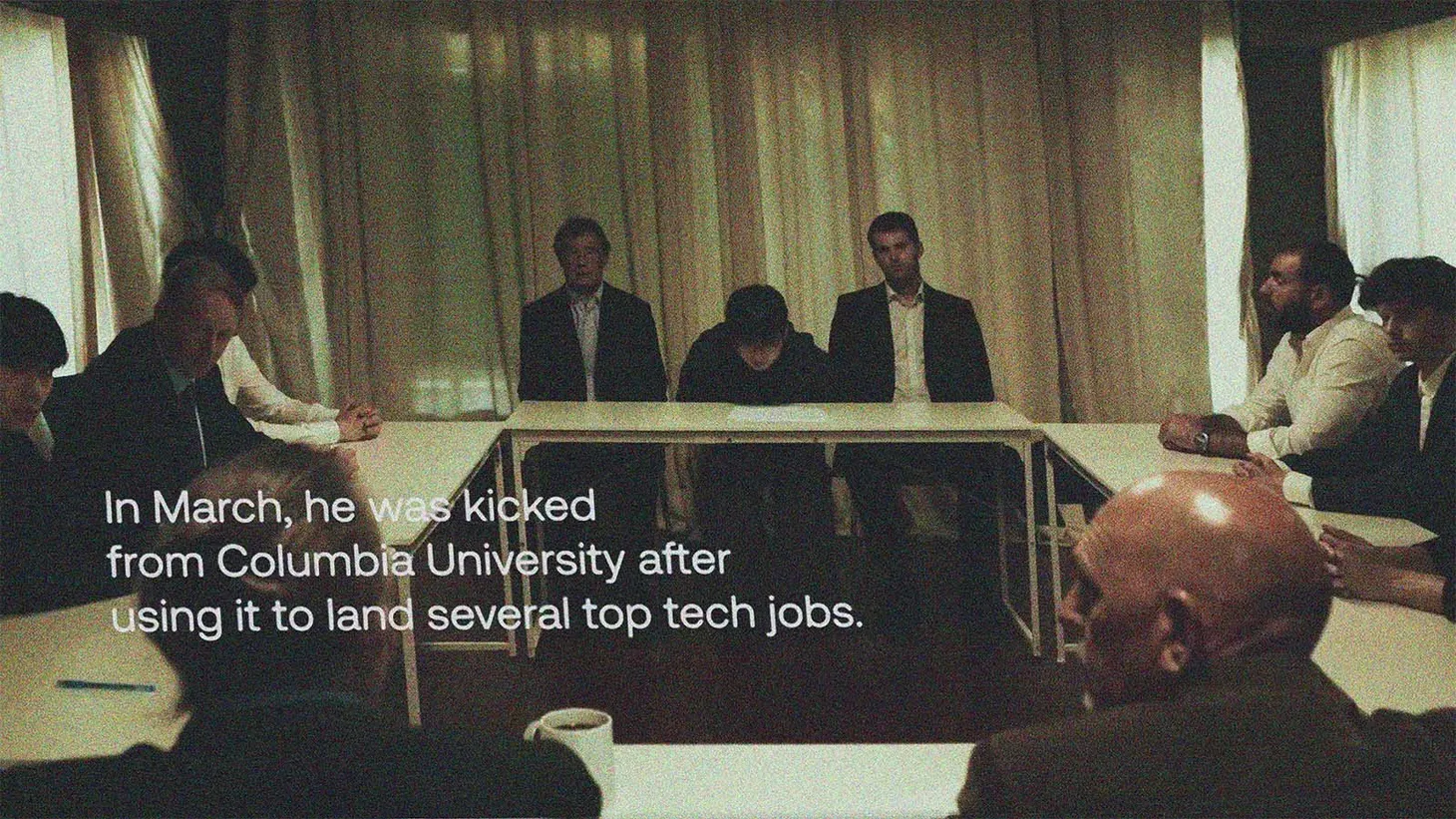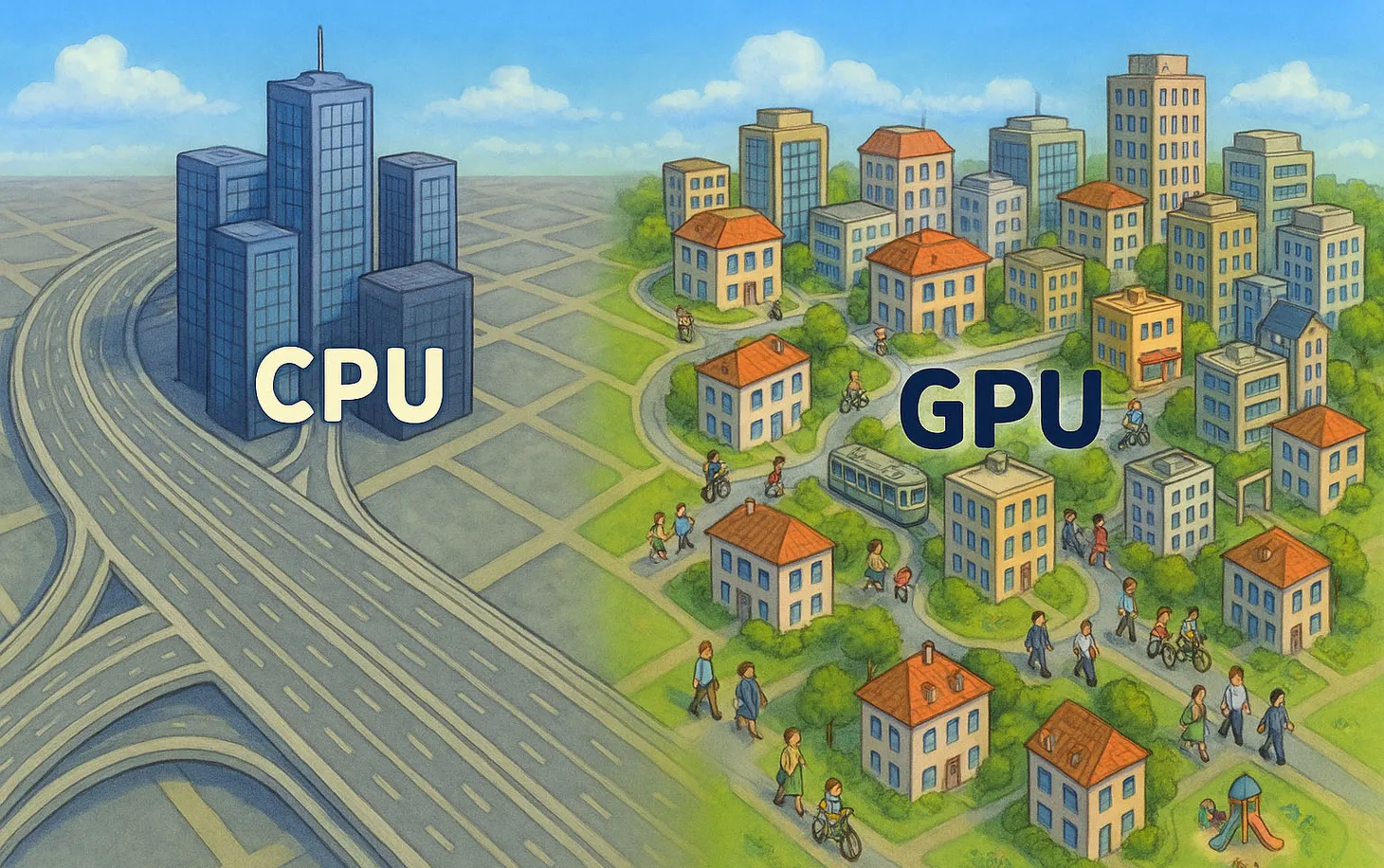The Scalable Imagination


We tend to underestimate technology's power to turn in-person work into scalable work. On the verge of the 20th Century, the world's leading economist thought that singers would never make too much money because their voices could not reach beyond a single room.
In Principles of Economics, Alfred Marshal wrote that "so long as the number of persons who can be reached by a human voice is strictly limited, it is not very likely that any singer" will ever earn more than the leading singer in the world earned in 1890. That singer, Elizabeth Billington, earned a total of 10,000 pounds for a series of concerts, equivalent to around $1.5m in 2022. That's an impressive sum, but it is much less than some TikTokers make each month and about 50 times less than what the world's most successful singers now earn.
Marshal compared the growth of Mrs. Billington's income to that achieved by "the business leaders of the present generation." He noted that the in-person nature of singing means singers cannot grow their income as much as those in other professions.
Today, this type of comparison seems comical. Following the invention of the gramophone, the radio, TV, and the Internet, it is intuitively clear to us that the earning potential of a singer is basically unlimited. But the impact of technology on the earning capacity of other proefessions is still not evident. And just like Marshal, we make our own mistaken assumptions about technology's ability to transform even the most unscalable occupations.
Consider doctors. It’s safe — but wrong — to assume that their income will be constrained by the physical world for years to come. But even without any new innovations, doctors can now do more of their work remotely. This means they can see a few more patients each day. More importantly, it means they can match with anyone on earth who’s willing to pay the highest amount for their time at any given moment. Combining these two factors means some doctors can now earn multiple times more than they did a few years ago. And that’s before considering whole new ways for doctors (and other experts) to package their know-how into paid databases, courses, and other types of consumable content.
To get a sense of why that's the case, let me ask you a question: If you had a terrible disease and was able to get on a 10-minute Zoom with the world's greatest expert on that disease, would you pay a large premium to get on that call?
(Yes)
Let's make it even more specific: If you had free access to the world's 5th leading expert, would you still pay a premium to speak to the world's number 1 expert on that disease?
(Yes)
I have written at length about the internet's potential to unleash the highest performers in various fields. Most contemporary analysts still fail to imagine the implications. They see "automation" as the main threat to future jobs. They assume that humans will either be replaced by machines and become redundant or survive for a while longer and keep doing what they're doing — with the help of machines.
The biggest threat to your job is not a robot; it's your colleague. Technology will enable more professions to become scalable. It will allow more individuals to serve more customers in more locations. These individuals will take business away from their peers. They might be helped by technology, but they will not be robots.
In 1890, numerous local singers and actors made a living by performing locally. Today, more than 90% of singers or actors fail to earn anything. Is it because robots took their job? No. It's because technology enables the best singers and actors to grab a much larger share of the market.
What happened to music is obvious to us. But just like Marshal did in 1890, we have our own failures of imagination. We assume that other professions cannot be scaled in the same way. But there is already evidence that many in-person professions can be performed online — from fitness instructors and doctors to strippers and teachers. Many things that seem ridiculous to us now will seem obvious to our grandkids. I'll write more about this soon.
Dror Poleg Newsletter
Join the newsletter to receive the latest updates in your inbox.




